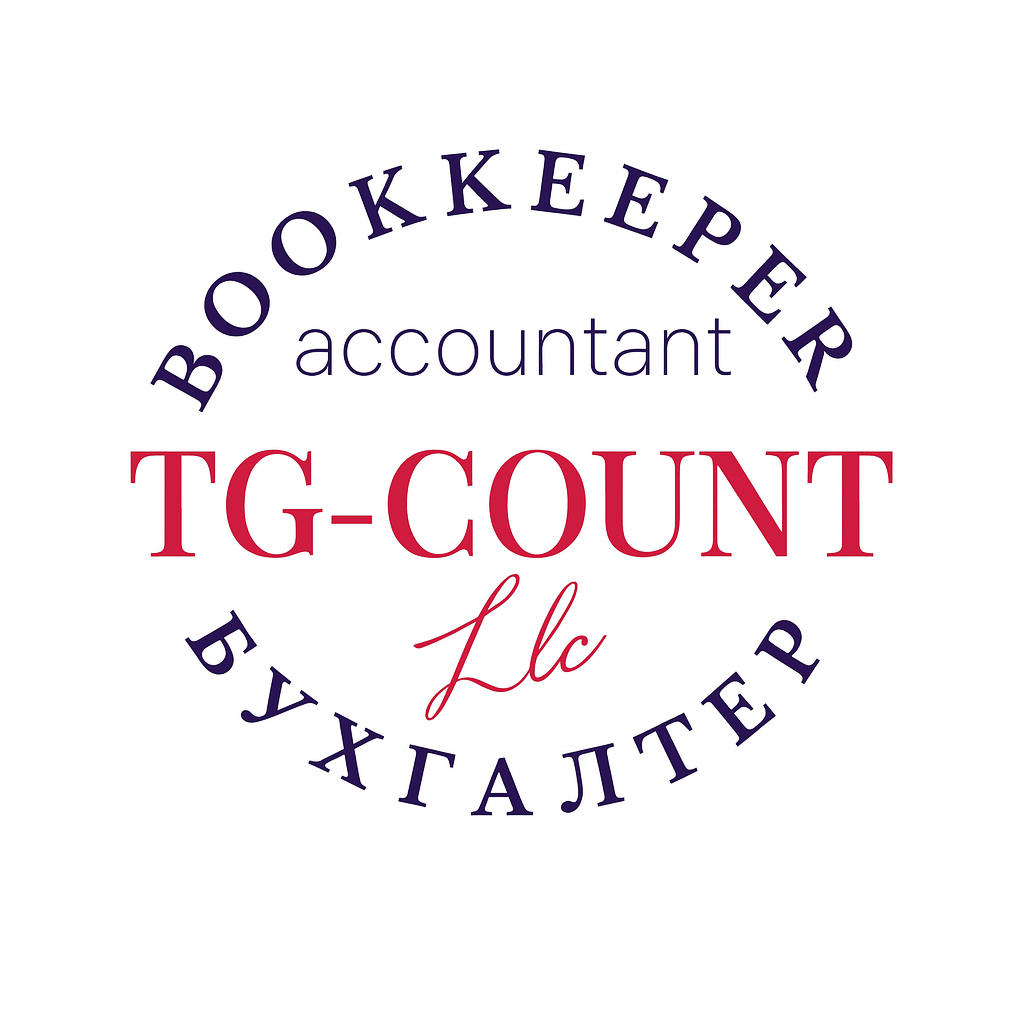Blog
The Great Accounting Misconception: Why an Invoice Isn’t Always Revenue
One of the most persistent myths in international accounting is that “invoicing automatically means recognizing revenue.”
This belief is widespread — even among experienced professionals — yet it completely misrepresents how accrual accounting actually works under both US GAAP and IFRS.
🌍 The Global Rule: Revenue Follows the Event, Not the Invoice
Both major accounting frameworks — IFRS 15 and US GAAP (ASC 606) — share the same principle:
Revenue is recognized when a company fulfills its performance obligation — that is, when control over goods or services is transferred to the customer.
The invoice is merely a confirmation document, not the revenue trigger itself.
It often happens that the date of invoicing coincides with the delivery or completion date, so in practice accounting systems book both on the same day.
That overlap is what created the illusion that “invoice = revenue.”
In reality, it’s the underlying economic event — not the billing activity — that defines when revenue exists.
🇺🇸 United States
Under GAAP, the invoice plays no accounting role on its own.
Revenue recognition depends entirely on whether the company has earned the income — not whether it has billed it.
Large corporations use automated revenue recognition modules to track contract milestones and allocate income precisely when obligations are met.
However, small businesses that are not required to follow GAAP strictly often use simplified bookkeeping in tools like QuickBooks or Xero, where invoicing automatically posts revenue.
That’s acceptable for internal reporting — but not the true accrual principle.
🇪🇺 Europe
European accounting under IFRS uses the same logic — “earned” revenue, not “billed” revenue — yet many national frameworks and VAT systems make invoicing the practical trigger for both tax and accounting records.
That’s why in Europe, the appearance of “invoice = revenue” is especially strong: in many countries, the VAT law forces recognition at invoice date, even if the standard itself defines a broader concept of control transfer.
In short: in Europe, invoicing and earning often happen at the same moment — but that’s coincidence, not cause.
⚖️ The Core Truth
Invoice ≠ Revenue.
Revenue recognition depends on performance, not paperwork.
The illusion comes from convenience: systems are built to record invoices as soon as services are delivered, but that doesn’t change the principle.
Modern accounting — whether in the U.S., the E.U., or elsewhere — follows one global rule:
👉 Revenue belongs to the moment value is delivered, not when the invoice is issued.


Hobby or Business?
How to Know the Difference
(and Why It Matters for Taxes)
Many small ventures start out as hobbies — baking, handmade crafts, photography, consulting. But once money starts coming in, one key question arises:
Is this still a hobby, or has it become a business?
The IRS treats hobbies and businesses differently, and your classification impacts how you report income, what deductions you can claim, and how much tax you owe.
What's the Difference Between a
Hobby and a Business?
A business is an activity carried out with the intent to make a profit.
A hobby is done for personal enjoyment, even if it occasionally generates income.
For example: If you occasionally sell hand-knit scarves, it may still be a hobby. But if you take regular orders, track expenses, and promote your work — the IRS might see it as a business.
Income Through Payment Apps = Taxable
If you're getting paid through PayPal, Venmo, Zelle, Stripe, or similar services, you may receive a Form 1099-K.
This form is sent by the payment processor (not the IRS), and your earnings may be reported directly to the IRS.
Even if you're unregistered or consider your work a hobby — this income is taxable and must be reported.
IRS Checklist: Is This a Business?
The IRS considers a combination of factors to determine if your activity qualifies as a business. Ask yourself:
💼 Do you intend to make a profit?
💰 Do you depend on this income for your livelihood?
📚 Do you keep records of income and expenses?
🔧 Do you adjust your approach to improve profitability?
🎓 Do you have the knowledge or advisors to make it work as a real business?
No single answer decides it — but the more "yes" responses, the more likely it’s a business in the eyes of the IRS.
Why Classification Matters
If it’s a business, you may:
Deduct expenses (supplies, mileage, equipment, software)
Formally register and open a business bank account
File Schedule C or as an entity (LLC, S-Corp, etc.)
If it’s a hobby,
income is still taxable — but you can’t deduct losses or expenses.
What If You’re Unsure?
Don’t wait until tax season to decide.
Misclassifying your activity can lead to penalties, back taxes, or missed deductions.
Need Help?
If you're unsure how to report your income or whether your activity qualifies as a business, I can help you evaluate your situation and choose the right path forward.
Message me for a personalized review.


"Taxes on Venmo, Zelle, CashApp in 2025 —
What You Need to Know"
💡 Key point: The IRS does not tax personal money transfers — but business payments are now reportable starting at just $600/year.
🔍 What to know:
• If you sell products or services through Venmo, CashApp, or Zelle and receive over $600, the platform may issue you a 1099-K.
• Personal transfers (gifts, paying someone back, splitting a check) are not taxed, but be sure to mark them as “personal.”
• The IRS can match your 1099-K to your tax return — any mismatch may trigger a notice like:
👉 “We found a problem with your tax return…”
✔️ What you should do:
• Track what’s personal vs business
• Clarify transactions in the notes
• Make sure the platform has your SSN/ITIN — to avoid a 1099-K being issued under someone else’s name


